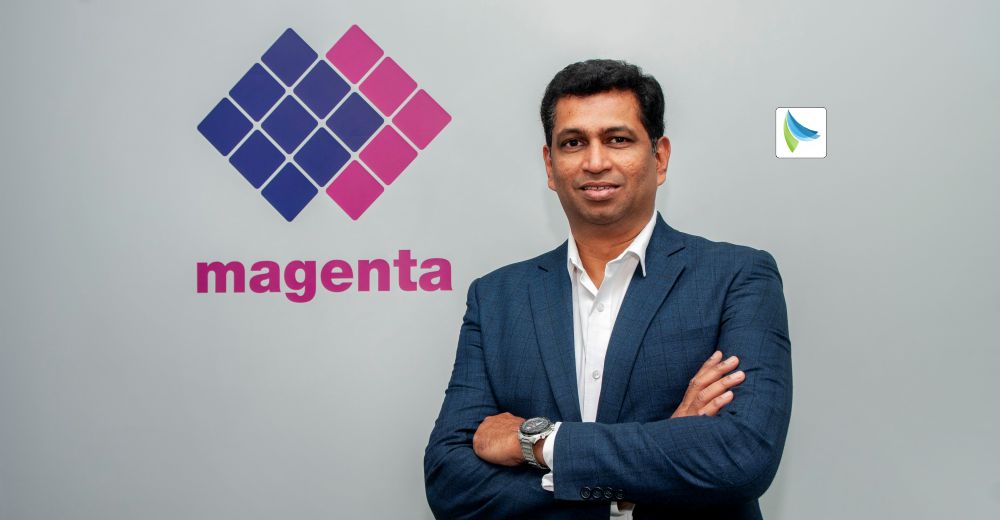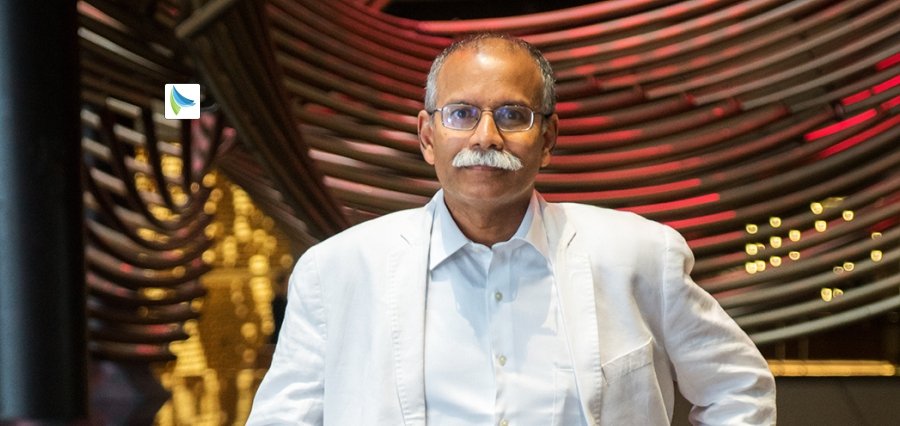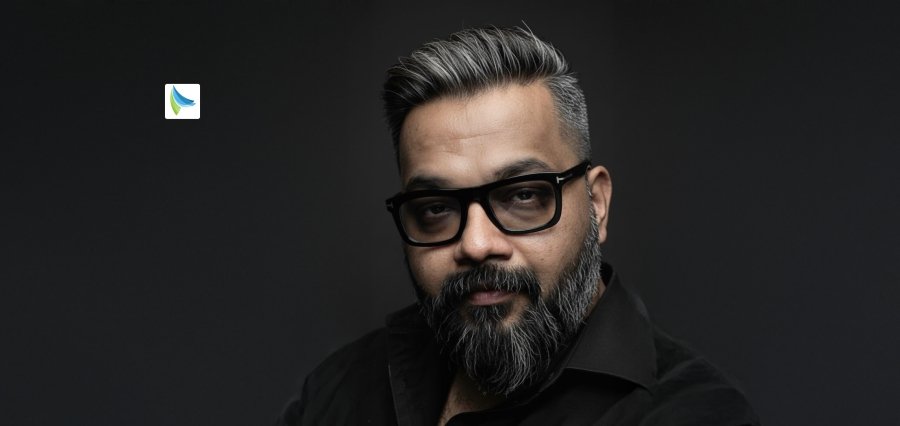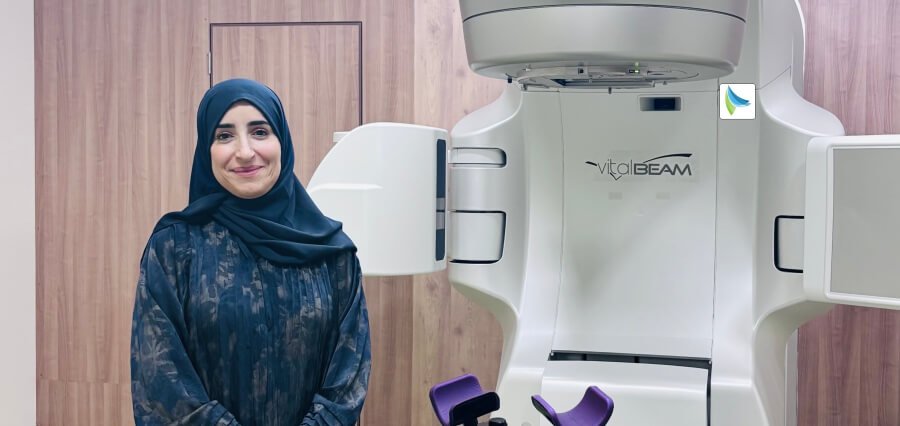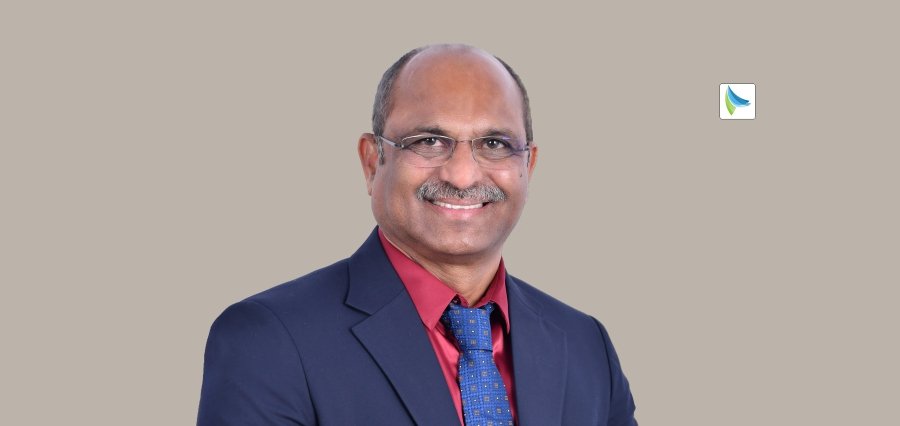Maxson Lewis is the Founder and Chairman of Magenta Mobility, India’s largest electric vehicle cargo fleet operator. A mechanical engineer from Mumbai University and an MBA graduate from IIM Mumbai, Maxson’s career spans over two decades in the automotive, technology, and energy sectors. He began his professional journey with five years in the automotive industry, followed by 15 years at Accenture Management Consulting, where he led technology and electricity transformation projects across global markets, including Canada, Singapore, Australia, Hong Kong, the USA, and the UK.
The turning point in his career came with the realization that “electricity is the new oil.” Driven by this conviction, Maxson returned to India to establish Magenta Mobility. Today, under his leadership, Magenta has evolved into a technology-driven logistics platform managing one of India’s largest EV fleets, along with advanced charging infrastructure and driver management systems. His journey from automotive to technology to energy has made the creation of Magenta a natural culmination of his expertise and vision.
Let’s delve into the interview details below!
How would you describe your leadership style, and how has it evolved over the years?
I see leadership as a continuously evolving process. In my early years as a class representative during engineering and later as Vice President at IIM Mumbai, leadership meant leading from the front and bringing people along, even without formal authority.
My real learning began at Accenture, where I worked with global CXOs and led teams of 200+ people across geographies. That experience taught me two fundamentals that I carry even today: a leader must be true to themselves and their team, and honesty, about successes as well as mistakes builds lasting trust.
At Magenta, my style has further evolved. While I take responsibility for decisions, I have become far more consensus-driven. I’ve realized that great ideas can come from anywhere, and the best outcomes emerge when you respect diverse perspectives. Today, my leadership is a balance i.e., collaborative and inclusive, but firm when it matters.
What has been the most transformative initiative or project you’ve led, and what impact did it create for your organization or industry?
The most transformative journey for me has been building Magenta over the past eight years. I call it my “P2P journey – “Proprietor to Pyun” – leading from the top, but also rolling up my sleeves at the ground level.
Coming from Accenture, where I worked with global leaders on high-impact projects, entrepreneurship was a completely different challenge. It required unlearning the corporate way and relearning how to build from scratch. That process has transformed me personally, while also shaping Magenta and, in a small way, the EV ecosystem in India.
Without overstating it, I believe both Magenta and I have played a role in changing how people think about EVs in this country.
Which emerging technologies do you believe will redefine the industry in the next 5–10 years, and why?
Two stand out for me.
First, in the EV and energy space, it’s battery technology. The way we store and consume energy is undergoing a fundamental shift. Just as mobile phones turned everyone into a “battery carrier,” EVs are evolving with higher-density batteries, smarter BMS systems, and innovative chemistries. The future lies in compact, high-capacity batteries that can store more energy, charge faster, and dispense it efficiently. That will completely redefine mobility and energy usage.
Second, beyond my industry, I believe the real game-changer is Artificial Intelligence. After language, mathematics, and computing, AI is the next leap for humanity. It’s already transforming how we think, learn, and operate, and we’re only scratching the surface of its potential. From simplifying tasks to enabling entirely new ways of problem-solving, AI will fundamentally reshape industries and societies.
In short: batteries will transform how we move, AI will transform how we live.
What major challenges have you faced while implementing technological transformations, and how did you overcome them?
In my 15 years at Accenture and the last eight years at Magenta, I’ve never seen technology itself as the challenge, it keeps evolving. I started with GW-BASIC writing my own code, and today we have AI writing code for us. The real challenge has always been adoption.
Too often, people view technology defensively as a threat rather than as an enabler. We’ve seen this pattern before: computers were once feared for taking away jobs, yet they ended up creating entirely new industries and efficiencies. The same narrative is repeating today with AI.
In markets like India, this challenge is sharper because technology often competes with low-cost human labour, which makes adoption slower. But the real opportunity lies in seeing technology not as a replacement, but as a multiplier, improving people, businesses, and the systems around them. That mindset shift has been, and will remain, the biggest technology challenge.
How do you foster innovation and collaboration within your team, especially in a rapidly changing technological landscape?
Magenta operates in a very traditional logistics industry where, even today, many operators still track vehicles by simply calling drivers. From the beginning, we set out to be different and to build a company that operates safely, smartly, and sustainably.
That meant putting technology at the core. We invested early in our own telematics platform called Normic, which not only tracks vehicles but also monitors critical parameters such as battery health and temperature, enabling proactive interventions. We also developed a seamless driver management platform by integrating tools like DigiLocker long before they became mainstream, making onboarding and compliance as simple as a few clicks.
In the EV charging space as well, many of the platforms used in India today are built on concepts first introduced by Magenta in 2018. For us, technology is not an add-on; it is the backbone that allows scale, efficiency, and reliability in an industry that has historically resisted digital adoption.
What advice would you give aspiring technology leaders who want to make a significant impact in the field?
Technology, while powerful, is often one of the most inhuman systems if looked at in isolation. Adoption, however, requires a very human approach. Getting people on board is both the biggest challenge and the biggest success factor.
At Magenta, we focus on creating a clear mandate, providing training, and, most importantly, keeping channels open for ideas to flow from the ground up. Some of our best innovations have come from people who use the systems every day. For example, a driver once told us, “I cannot keep typing and tapping so much, make it simpler.” That insight led us to redesign our platform to be more intuitive.
I like to call it making systems “I-proof,” not in a derogatory way, but as a reminder to myself that technology should always be simple, intuitive, and almost self-explanatory. That is how we foster adoption at Magenta: by ensuring technology adapts to people, not the other way around.
Looking ahead, what is your vision for the future of technology, and how would you like your work to be remembered?
Just as electricity became the new oil, today technology has become the ultimate enabler. It is no longer optional it is mandatory. Technology will be the saviour for businesses and societies, and the speed at which we adopt it will directly define the speed at which we succeed.






